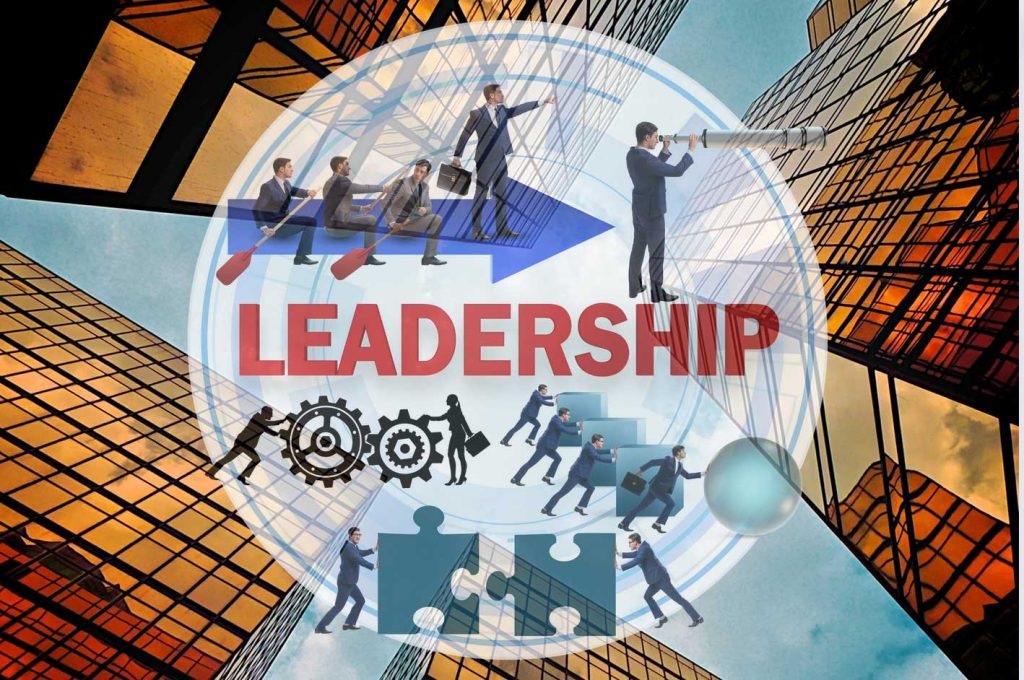
Human capital development is a key component of organizational growth and national economic advancement. It involves enhancing individual skills, knowledge, and competencies, which directly impact productivity and innovation. Leadership plays a crucial role in this process. Effective leadership can create an environment that fosters continuous learning, personal growth, and optimal utilization of human resources. This article explores various ways in which leadership influences human capital development and how the right approach can enhance organizational success.
1. Vision and Strategic Direction

Leaders provide the vision and strategic direction needed for human capital development. They set the tone for the organization’s culture and priorities. By articulating a clear vision and setting strategic goals, leaders can align individual objectives with the overall mission of the organization. This alignment ensures that human capital development efforts are focused and purposeful.
Example: A company aiming to be a leader in innovation might invest heavily in research and development (R&D) training programs. Leaders in such an organization would emphasize the importance of creativity and continuous learning, thereby encouraging employees to acquire new skills and knowledge.
2. Creating a Learning Culture

A primary role of leadership in human capital development is to create and maintain a learning culture. Leaders should promote a culture where continuous education and skill enhancement are valued. This can be achieved through formal training programs, mentorship, and providing opportunities for employees to learn and grow.
Example: Google is known for its learning culture, where employees are encouraged to spend 20% of their time on projects that interest them, even if those projects are outside their usual job scope. This policy fosters innovation and personal growth, demonstrating the company’s commitment to human capital development.
3. Empowerment and Motivation

Leaders play a crucial role in empowering and motivating employees. By providing necessary resources, support, and autonomy, leaders can help individuals realize their full potential. Motivated employees are more likely to engage in self-development activities, which enhances the overall human capital of the organization.
Example: A manager who recognizes and appreciates employee achievements will foster a sense of accomplishment and motivation. This recognition can take the form of promotions, bonuses, or simply acknowledging efforts in meetings. Such practices can significantly boost morale and encourage further development.
4. Talent Management and Succession Planning

Effective leadership involves identifying and nurturing talent within the organization. Leaders should be proactive in talent management and succession planning to ensure the organization has a pipeline of talented individuals ready to take on key roles. This involves identifying potential leaders early and providing them with necessary training and development opportunities.
Example: Many multinational companies have leadership development programs designed to identify high-potential employees and prepare them for senior roles. These programs typically include rotations across various functions, mentorship from senior leaders, and advanced management training.
5. Innovation and Change Management

In today’s rapidly changing business environment, the ability to innovate and manage change is crucial. Leaders must create an environment that encourages innovation and adapts to change. This involves not only investing in new technologies but also ensuring that employees have the skills to use them effectively.
Example: When a company adopts new technology, leaders must ensure that employees are adequately trained to use it. This may involve workshops, online courses, or bringing in external experts. By doing so, leaders ensure that the organization remains competitive and its human capital stays up-to-date.
6. Ethical Leadership and Trust

Ethical leadership is fundamental to building trust within the organization. Leaders who demonstrate integrity and ethical behavior set a standard for others to follow. Trust is a critical component of human capital development as it creates a positive work environment where employees feel valued and respected.
Example: Leaders who are transparent in their decision-making processes and communicate openly with their teams build trust. This trust encourages employees to become more engaged and committed to their own development and the success of the organization.
The role of leadership in human capital development cannot be overstated. Effective leaders provide vision, create a learning culture, empower and motivate employees, manage talent, drive innovation, and uphold ethical standards. By doing so, they ensure that their organizations not only thrive today but are also prepared for future challenges. Leadership, therefore, is the foundation of successful human capital development.
Enhance Your Organization’s Potential with Human Capital Consulting

To delve deeper into how leadership can optimize human capital development in your organization, consider participating in the Human Capital Consulting Program by Qando Qoaching. This program is designed to help you evaluate and improve your human capital development strategies, including talent management, employee empowerment, and change management.
Visit campsite.bio/qqgroup or follow us on social media for more information and registration. With support from Qando Qoaching, you can develop strong leadership and effective strategies for long-term success.
Mari bersama kita melangkah menuju Indonesia hebat!
